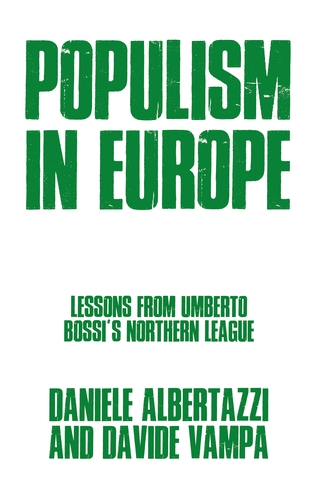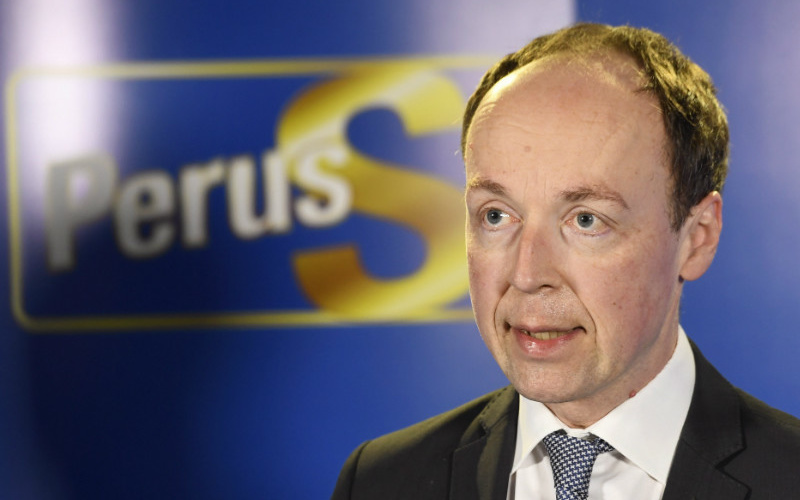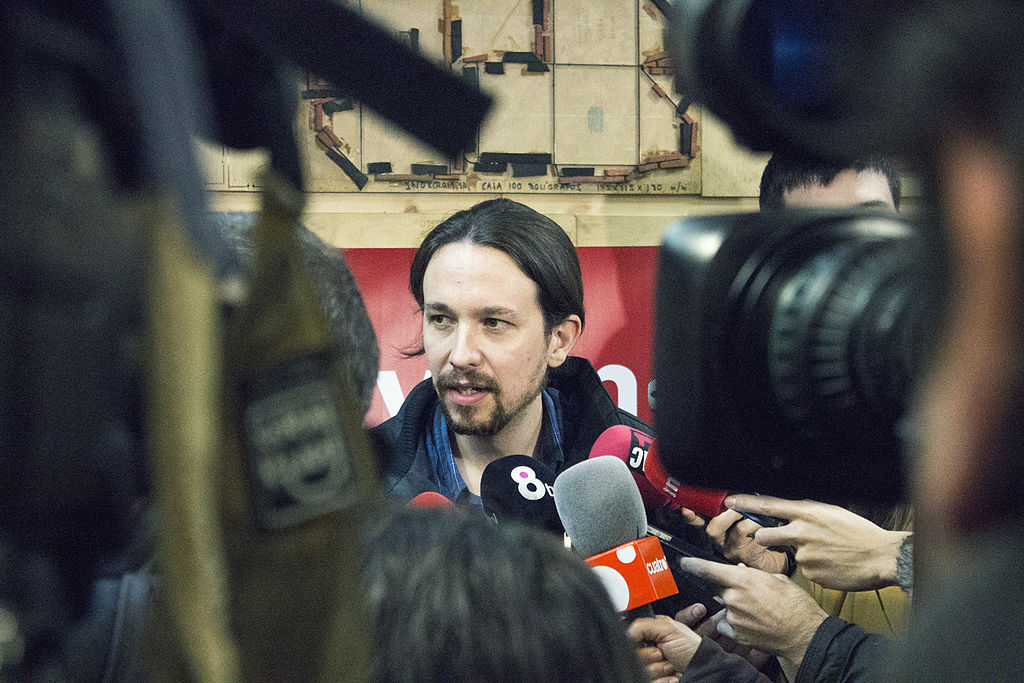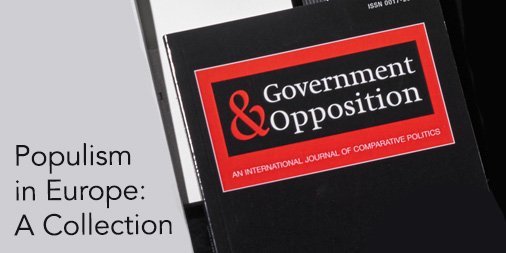Populism in Europe – The League Yesterday and Today (Virtual Event 20/10/21)
Join us on Wednesday 20th of October 2021 at 16:00 (UK time) for a virtual seminar considering and responding to the newly published Populism in Europe – The Lesson’s from Umberto Bossi’s Northern League, by Prof. Daniele Albertazzi (Surrey) and Dr. Davide Vampa (Aston).
Abstract
One of the oldest right-wing populist parties in Western Europe, and one that has accumulated considerable experience in government at both national and subnational levels, the League – previously Northern League – has much to teach us (and other parties) about how populists can achieve rootedness and success. In this roundtable chaired by Amelia Hadfield (University of Surrey), we will interrogate the reasons behind the party’s resilience, the importance of grassroots organisation, and the involvement of party members in its activities. The recently published book Populism in Europe – Lesson’s from Umberto Bossi’s Northern League co-authored by Daniele Albertazzi (University of Surrey) and Davide Vampa (Aston University) will provide a starting point for a discussion with Arianna Giovannini (De Montfort University) and the audience about the party’s origins and institutionalisation under the leadership of its founder. The book, based on a systematic analysis of a large amount of original quantitative and qualitative data, stresses the importance of the Northern League’s consistent and coherent ideology, its strong organisation and its ability to create communities of loyal partisan activists. The fact that today’s League has achieved unprecedented electoral success under the new leadership of Matteo Salvini cannot be fully understood and explained without investigating its past. Notwithstanding his transformative role within the party, Salvini can be regarded as Bossi’s heir in political terms. Hence the findings of the book will be linked to the work by Mattia Zulianello (University of Trieste) on “the League of Matteo Salvini”, which shows how recent ideological and organisational transformations are not devoid of contradictions and are still influenced by (and in tension with) Bossi’s legacy.
Panelists
- Chair, Prof. Amelia Hadfield (University of Surrey)
- Prof. Daniele Albertazzi (University of Surrey)
- Dr. Davide Vampa (Aston University)
- Dr. Mattia Zulianello (University of Trieste)
- Discussant, Dr. Arianna Giovannini (DeMontfort University)










